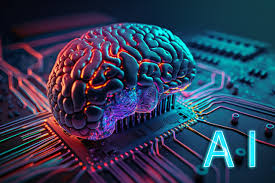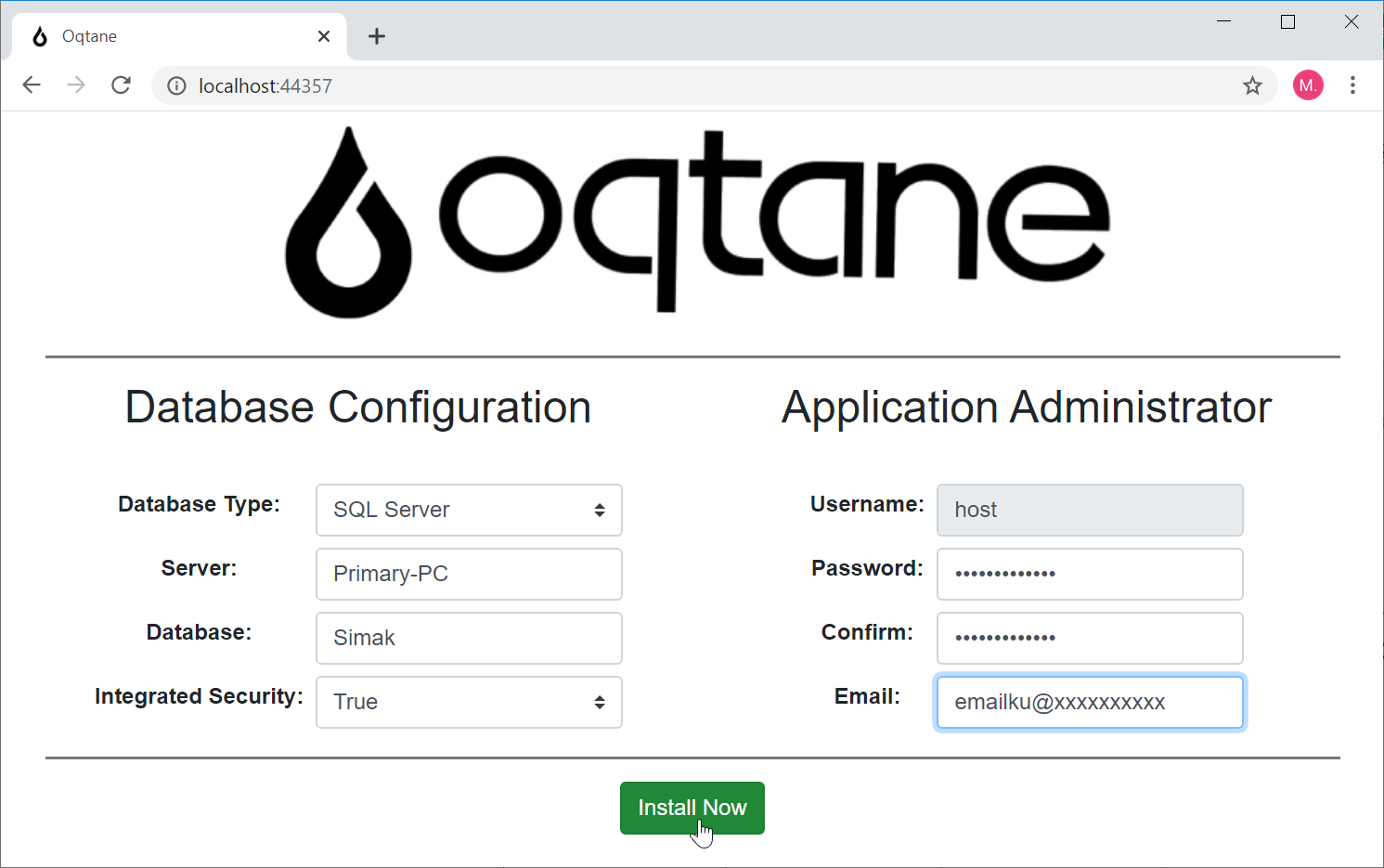Artificial Intelligence (AI) has emerged as a transformative technology, offering significant advantages for developers and businesses alike. However, with its immense potential come considerable challenges that must be overcome to fully realize its benefits. This article explores the biggest challenges in AI, including adaptability for developers, security risks for businesses, vulnerabilities to hackers, and its promising features.
How Developers Struggle to Adapt to AI
AI technology offers groundbreaking capabilities but requires developers to adapt quickly to its complexity. Key challenges include:
Steep Learning Curve
It is important for developers to master advanced concepts. Machine learning algorithms, neural networks, and data preprocessing. It can be daunting. Especially for those without a background in data science.Limited Access to Resources
AI solutions need high-performance computing. There is a need for extensive datasets. Smaller teams face barriers. Projects for startups with limited budgets could be impossible. The resources demanded can be overwhelming.System Integration Hurdles
One doesn’t encounter AI-ready legacy systems much. Integrating AI technology requires developers to face issues. This is especially true when they upgrade current infrastructure.The process is known to inflate both costs and timelines. Developers often experience challenges in modernizing existing infrastructure. They want to introduce AI technologies. Yet the cost and time involved can be significant. We see both of these factors inflating dramatically due to system integration hurdles. Hence, the developers’ task becomes even more formidable.
Rapidly Evolving Landscape
The AI tech is in rapid evolution. It’s hard for developers to keep up with the latest advancements. It becomes overwhelming. Developers need to put in an effort.
Investing in continuous learning and leveraging cloud-based AI solutions can significantly ease these challenges for developers.
AI’s Role in Business Security Risks
AI’s Involvement in Business Security Risks
In adopting systems driven by AI, businesses are exposing themselves to new vulnerabilities. Risks of security are introduced. Below we present an overview of the key dangers:
Data Privacy Concerns
AI systems have a need for extensive data. Quite often this includes sensitive customer and business information. This can be a problem. The mishandling or incorrect storage of this data can lead to breaches. A breach can result in legal liabilities; see link.Lack of Robust Regulation
The absence of universal AI security standards leaves businesses vulnerable to inconsistent or insufficient protective measures.Vulnerability to Adversarial Attacks
AI systems are vulnerable to adversarial inputs. Adversarial inputs are slightly modified data. These data are designed to fool AI models. This causes AI to make incorrect predictions and decisions.Bias and Ethical Risks
AI systems may be poorly trained. They can perpetuate biases. This situation creates reputational and operational risks for businesses.
To defend against these threats, businesses should apply advanced cybersecurity measures. They should conduct regular audits of their AI systems. Audits will help in identifying vulnerabilities.
Why Hackers Target AI Systems
AI technologies, while powerful, are becoming prime targets for hackers. Here’s how they exploit these systems:
AI-Enhanced Attacks
Hackers use AI to automate cyberattacks, making them more sophisticated and challenging to detect.Model Theft
Hackers can reverse-engineer AI models to steal intellectual property or manipulate their functionality, posing risks to businesses reliant on proprietary AI systems.Data Poisoning
Attackers can corrupt training datasets, compromising the integrity of AI models and their outputs.Insufficient Defensive Measures
Traditional security systems often struggle to counter AI-driven attacks, creating a need for more advanced, AI-based defensive solutions.
By adopting defensive AI tools and collaborating with cybersecurity experts, businesses can better protect their AI systems from malicious activities
AI’s Features for Businesses and Developers
AI is challenging, yet it provides traits. Traits that can spur innovation and effectiveness:
Enhanced Operational Efficiency
AI eliminates repetitive tasks. This boosts productivity. It also frees human resources. Resources can be used for strategic projects.
Analyzing in Great Detail.Predictive analytics uses AI. It assists businesses to gain insights. These insights are actionable. They make decision-making better. They enhance customer experiences.
In-Depth Analytics
Predictive analytics uses AI. It assists businesses to gain insights. These insights are actionable. They make decision-making better. They enhance customer experiences.Personalized Interactions
AI makes hyper-personalization possible. It aids businesses in delivering tailored experiences. These experiences are for their customers.Scalable Solutions for Developers
Developers find benefit in scalable AI platforms. They help in reducing complexity. Complexity in creating and deploying AI models.Integration with Emerging Technologies
AI has the ability to work with technologies. Technologies such as blockchain. It also works with IoT and cloud computing. It creates new paths for innovation.
These features accentuate AI’s potential. To drive growth and streamline operations. For businesses and developers.

Conclusion
Pursue harnessing AI fully. This journey is brimming with obstacles. They range from developer transition to security threats. Vulnerabilities exist due to hackers.
Yet, the vast potential of AI is undeniable. It’s a powerful agent for innovation. Growth cannot be ignored. Address these hurdles directly. Developers and companies can discover its authentic potential. They can excel in the competitive digital era.
For more tips and insights about building innovative digital solutions, visit Webstackdeveloper.

🏆 Upwork Top Rated Professional ⭐ 5-Star Ratings
🔰10+ years of experience
⌚ Full-Time Availability
ASP.NET CORE | REACT | ANGULAR | NODE JS | WEB API | C# | MVC | SQL | PHP | MICROSERVICES | DOCKER | SQL SERVER | NoSQL | Blazor | CLOUD | AWS | Azure | Astro | VUE


